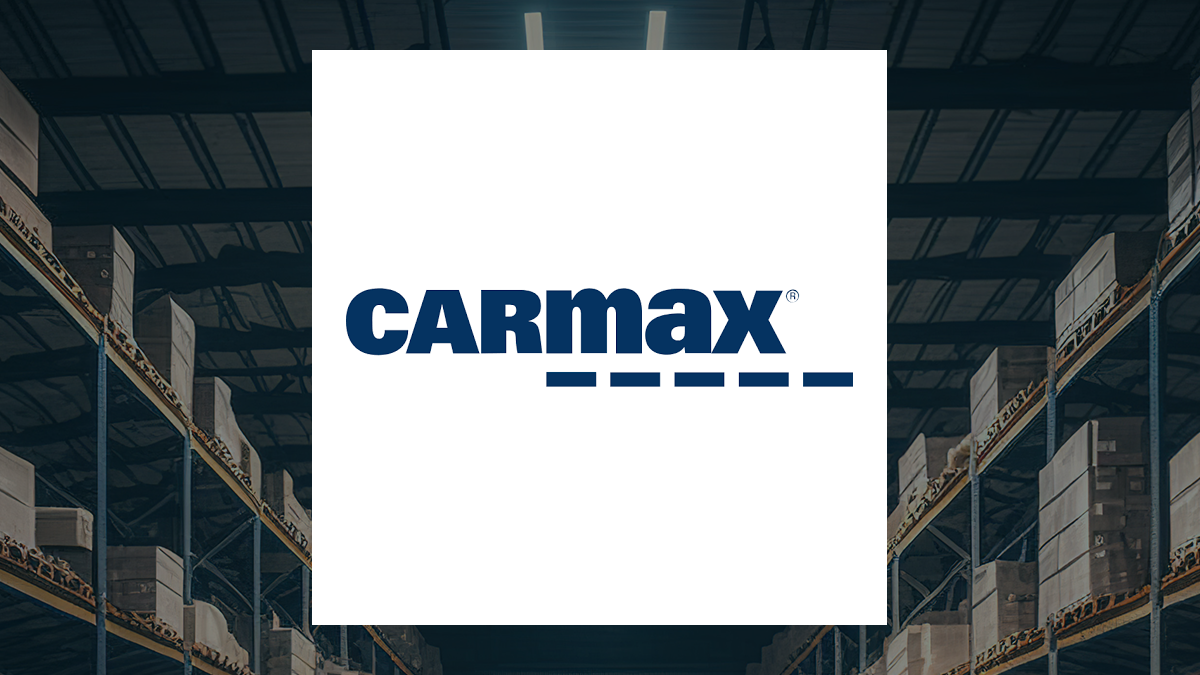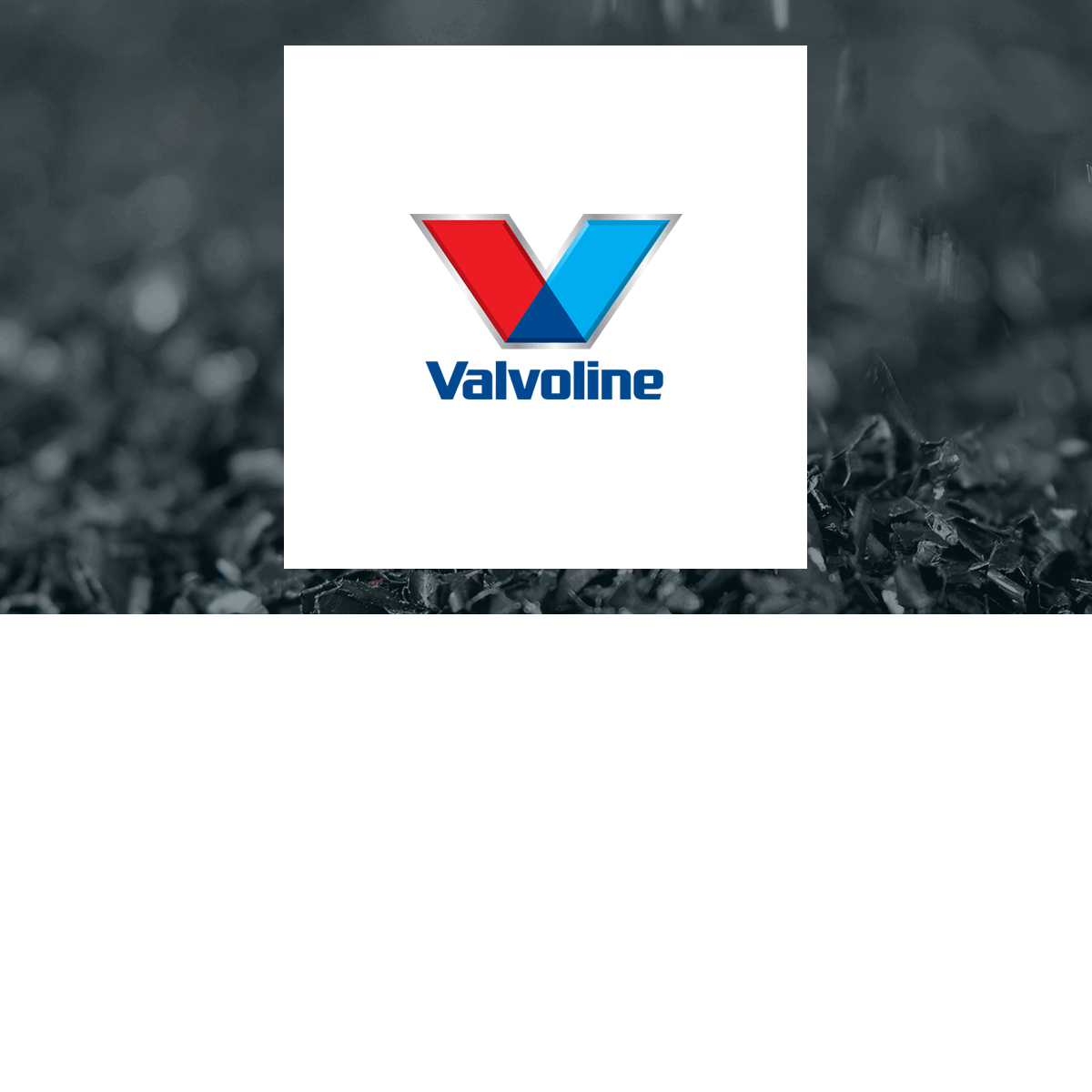CarMax (NYSE:KMX – Get Free Report) and Valvoline (NYSE:VVV – Get Free Report) are both mid-cap retail/wholesale companies, but which is the better business? We will compare the two companies based on the strength of their earnings, analyst recommendations, profitability, risk, valuation, institutional ownership and dividends.
Profitability
This table compares CarMax and Valvoline’s net margins, return on equity and return on assets.
| Net Margins | Return on Equity | Return on Assets | |
| CarMax | 2.09% | 9.11% | 2.08% |
| Valvoline | 16.43% | 84.85% | 8.46% |
Earnings & Valuation
This table compares CarMax and Valvoline”s top-line revenue, earnings per share and valuation.
| Gross Revenue | Price/Sales Ratio | Net Income | Earnings Per Share | Price/Earnings Ratio | |
| CarMax | $26.35 billion | 0.31 | $500.56 million | $3.62 | 15.26 |
| Valvoline | $1.62 billion | 3.04 | $211.50 million | $2.06 | 18.78 |
CarMax has higher revenue and earnings than Valvoline. CarMax is trading at a lower price-to-earnings ratio than Valvoline, indicating that it is currently the more affordable of the two stocks.
Analyst Recommendations
This is a summary of current recommendations and price targets for CarMax and Valvoline, as provided by MarketBeat.
| Sell Ratings | Hold Ratings | Buy Ratings | Strong Buy Ratings | Rating Score | |
| CarMax | 1 | 3 | 9 | 1 | 2.71 |
| Valvoline | 0 | 5 | 9 | 1 | 2.73 |
CarMax currently has a consensus price target of $83.0833, indicating a potential upside of 50.39%. Valvoline has a consensus price target of $42.3077, indicating a potential upside of 9.34%. Given CarMax’s higher probable upside, research analysts clearly believe CarMax is more favorable than Valvoline.
Volatility & Risk
CarMax has a beta of 1.36, indicating that its share price is 36% more volatile than the S&P 500. Comparatively, Valvoline has a beta of 1.17, indicating that its share price is 17% more volatile than the S&P 500.
Institutional and Insider Ownership
96.1% of Valvoline shares are held by institutional investors. 1.7% of CarMax shares are held by company insiders. Comparatively, 0.7% of Valvoline shares are held by company insiders. Strong institutional ownership is an indication that large money managers, hedge funds and endowments believe a stock is poised for long-term growth.
Summary
Valvoline beats CarMax on 7 of the 13 factors compared between the two stocks.
About CarMax
 CarMax, Inc., through its subsidiaries, operates as a retailer of used vehicles and related products in the United States. It operates in two segments: CarMax Sales Operations and CarMax Auto Finance. The CarMax Sales Operations segment offers customers a range of makes and models of used vehicles, including domestic, imported, and luxury vehicles, as well as hybrid and electric vehicles; used vehicle auctions; extended protection plans to customers at the time of sale; and reconditioning and vehicle repair services. The CarMax Auto Finance segment provides financing alternatives for retail customers across a range of credit spectrum and arrangements with various financial institutions. The company was founded in 1993 and is based in Richmond, Virginia.
CarMax, Inc., through its subsidiaries, operates as a retailer of used vehicles and related products in the United States. It operates in two segments: CarMax Sales Operations and CarMax Auto Finance. The CarMax Sales Operations segment offers customers a range of makes and models of used vehicles, including domestic, imported, and luxury vehicles, as well as hybrid and electric vehicles; used vehicle auctions; extended protection plans to customers at the time of sale; and reconditioning and vehicle repair services. The CarMax Auto Finance segment provides financing alternatives for retail customers across a range of credit spectrum and arrangements with various financial institutions. The company was founded in 1993 and is based in Richmond, Virginia.
About Valvoline
 Valvoline Inc. engages in the operation and franchising of vehicle service centers and retail stores in the United States and Canada. The company, through its service centers, provides fluid exchange for motor oil, transmission and differential fluid, and coolant; parts replacement for batteries, filters, wiper blades, and belts; and safety services, such as tire inflation and rotation, bulbs, and safety checks. It offers its services for passenger cars, hybrid and battery electric vehicles, and light and medium duty vehicles. The company was founded in 1866 and is headquartered in Lexington, Kentucky.
Valvoline Inc. engages in the operation and franchising of vehicle service centers and retail stores in the United States and Canada. The company, through its service centers, provides fluid exchange for motor oil, transmission and differential fluid, and coolant; parts replacement for batteries, filters, wiper blades, and belts; and safety services, such as tire inflation and rotation, bulbs, and safety checks. It offers its services for passenger cars, hybrid and battery electric vehicles, and light and medium duty vehicles. The company was founded in 1866 and is headquartered in Lexington, Kentucky.
Receive News & Ratings for CarMax Daily - Enter your email address below to receive a concise daily summary of the latest news and analysts' ratings for CarMax and related companies with MarketBeat.com's FREE daily email newsletter.
